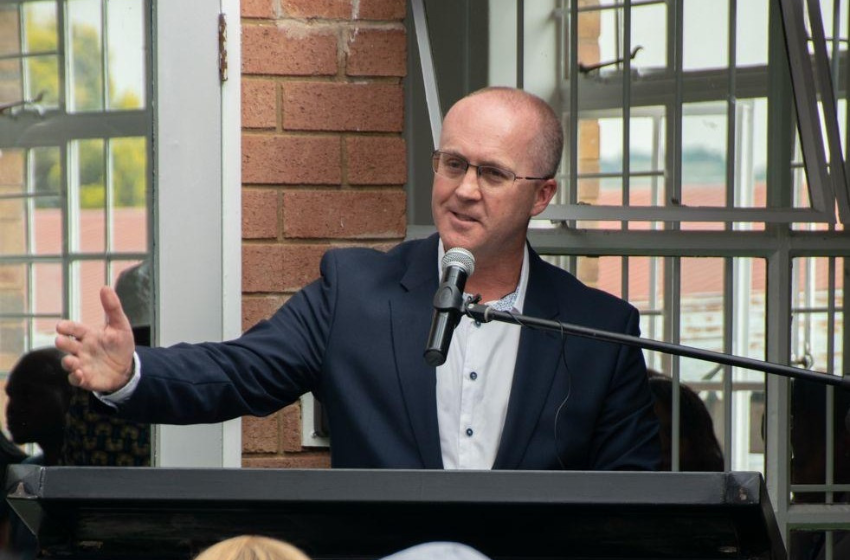
Financial literacy is a fundamental skill that every individual should possess, yet many South African adults, including professionals, struggle to understand the basics of personal finance and investing. The reality is that the financial industry has created a complex and confusing landscape, making it difficult for people to make informed decisions about their money.
The Problem: Jargon, Product Pushing, and Misleading Marketing:
The financial industry is notorious for using technical jargon that alienates many people. This creates a power imbalance, where financial institutions and advisors hold the knowledge, and individuals are left feeling overwhelmed and uncertain. Furthermore, product pushing, disguised as advice, has become a common practice, where financial institutions prioritize selling their products over providing genuine guidance.
Powerful marketing campaigns, designed to convince people to spend now and save later, have also contributed to the lack of financial literacy. These campaigns often create a false sense of urgency, encouraging people to make impulsive financial decisions that may not be in their best interests.
Empowering the Greater Population:
It’s time to democratize financial knowledge and empower the greater population to take control of their financial lives. To achieve this, we need a multifaceted approach that involves education, awareness, and industry reform.
Interventions and Education Campaigns:
- Simplified Financial Education: Develop easy-to-understand educational resources, such as online courses, workshops, and infographics, that explain financial concepts in plain language.
- Industry-Wide Standardization: Establish a standardized language and framework for financial products and services, making it easier for people to compare and understand different options.
- Independent Financial Advisors: Promote the use of independent financial advisors who provide unbiased advice, rather than product pushing.
- Financial Literacy in Schools: Integrate financial literacy into the school curriculum, teaching children the basics of personal finance and investing from a young age.
- Community Outreach Programs: Launch community outreach programs that provide financial education and resources to underserved communities.
What Business and Society Need to Do:
- Industry Reform: Financial institutions must prioritize transparency, simplicity, and customer-centricity, rather than profit-driven product pushing.
- Regulatory Oversight: Regulatory bodies must ensure that financial institutions are held accountable for their marketing practices and product offerings.
- Collaboration and Partnerships: Businesses, NGOs, and government agencies must collaborate to develop and implement effective financial literacy programs.
- Media Literacy: The media must play a more active role in promoting financial literacy, by providing accurate and unbiased information to the public.
- Government Support: The government must provide support and resources for financial literacy initiatives, recognizing the importance of financial empowerment for economic growth and stability.
The Need for Collaboration:
Financial literacy is a fundamental right, and it’s time for us to take action. By simplifying financial education, promoting industry-wide standardization, and empowering individuals with the knowledge they need, we can create a more equitable and prosperous society. It’s time for business, society, and government to come together to break down the barriers to financial literacy and create a brighter financial future for all South Africans.
Share via:




















